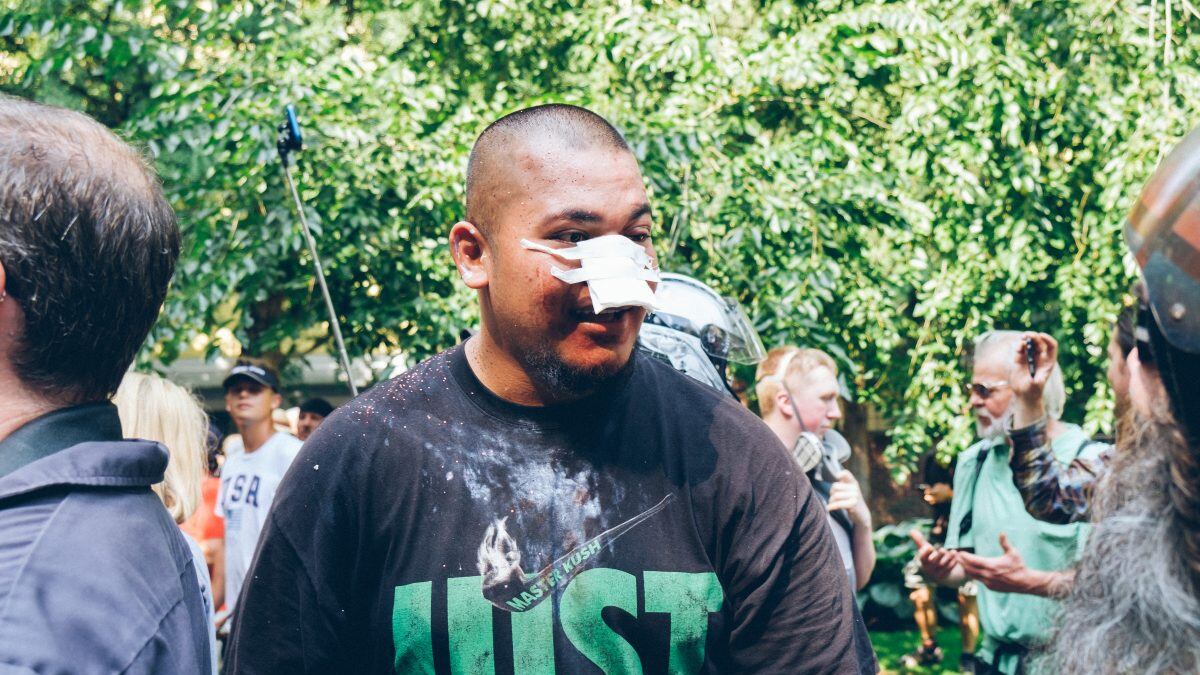Why do newspapers insist on using criminals' nicknames, as in Tusitala "Tiny" Toese? I don't know him by any name, so it doesn't help me, and those that do know him probably already know that Tusitala Toese is the dude they know as "Tiny." — I.M. "Curious" N. Beaverton
Even when someone is universally known by their nickname, Curious, it's considered polite to dust off their formal, legal name for weighty criminal proceedings. No judge wants to be in the position of saying, "I sentence you to be hanged by the neck until dead, Poopy Pants Johnson, and may God have mercy on your soul."
According to the folks in charge of WW's stylebook, there's no hard and fast rule for when to use just the nickname (think Bud Clark), when to put it in quotes, or when to omit it entirely.
That said, while you may be right that Toese's associates know his given name, in many cases the whole point of underworld nicknames is to keep your full legal name from getting tossed around where the wrong people might hear it. Old-school Mafia business was conducted on a first-name basis for this very reason.
Unfortunately—at the risk of falling prey to stereotypes—there were a lot of first names like Frank, Tony or Vinnie in the organized crime business. Pungent sobriquets like "Chicken Man" or "Shovel Face" came in handy for distinguishing one Frankie from the next.
Mob associates might work together for years without ever knowing each other's last names—unless, of course, one of them got arrested and had his full legal name printed in the newspaper, with his nickname in quotes to remove any doubt about which Big Head Ed we're talking about.
Intentionally or not, printing that nickname does have the pro-social effect of blowing a crook's cover. It's like revealing a supervillain's secret identity, except the supervillain's name is something like Frankie Hot Dogs.
Finally, I can't close this column without mentioning the Palermo mobster known as "Cosce Affumate," or "Smoked Thighs," so called because his ample body hair reminded someone of wisps of smoke clinging to his undoubtedly supple loins.
Who made this rather poetic observation (and what happened to them after they started telling people about it) is not recorded. Still, I think we can all agree: They don't make aliases like that anymore.
Questions? Send them to dr.know@wweek.com.

